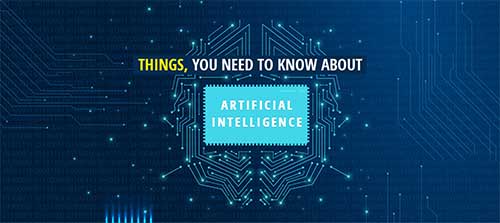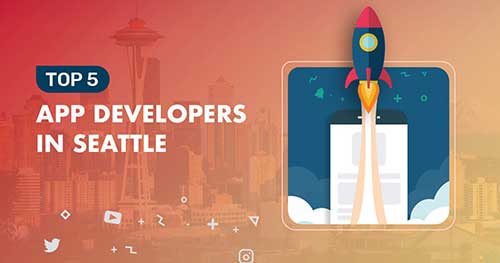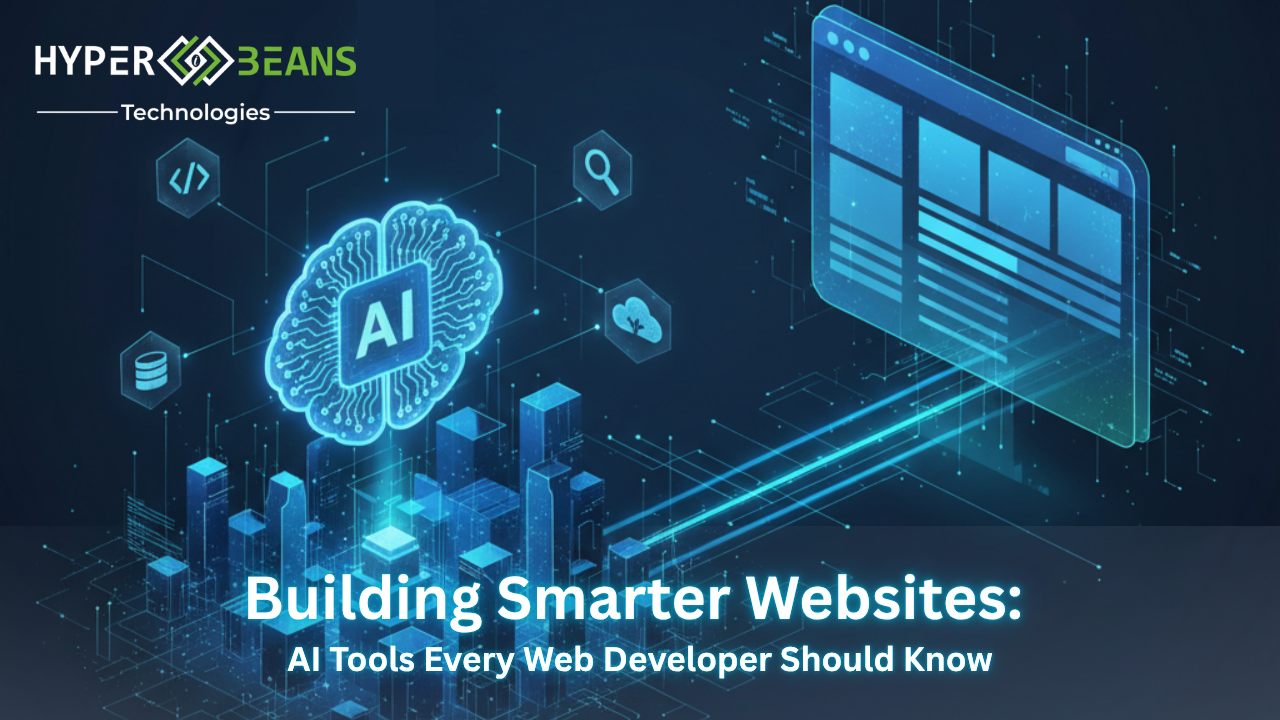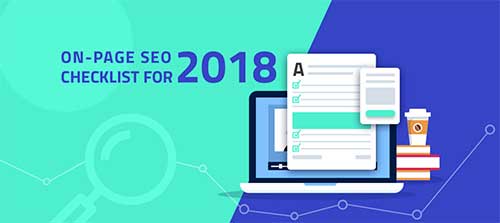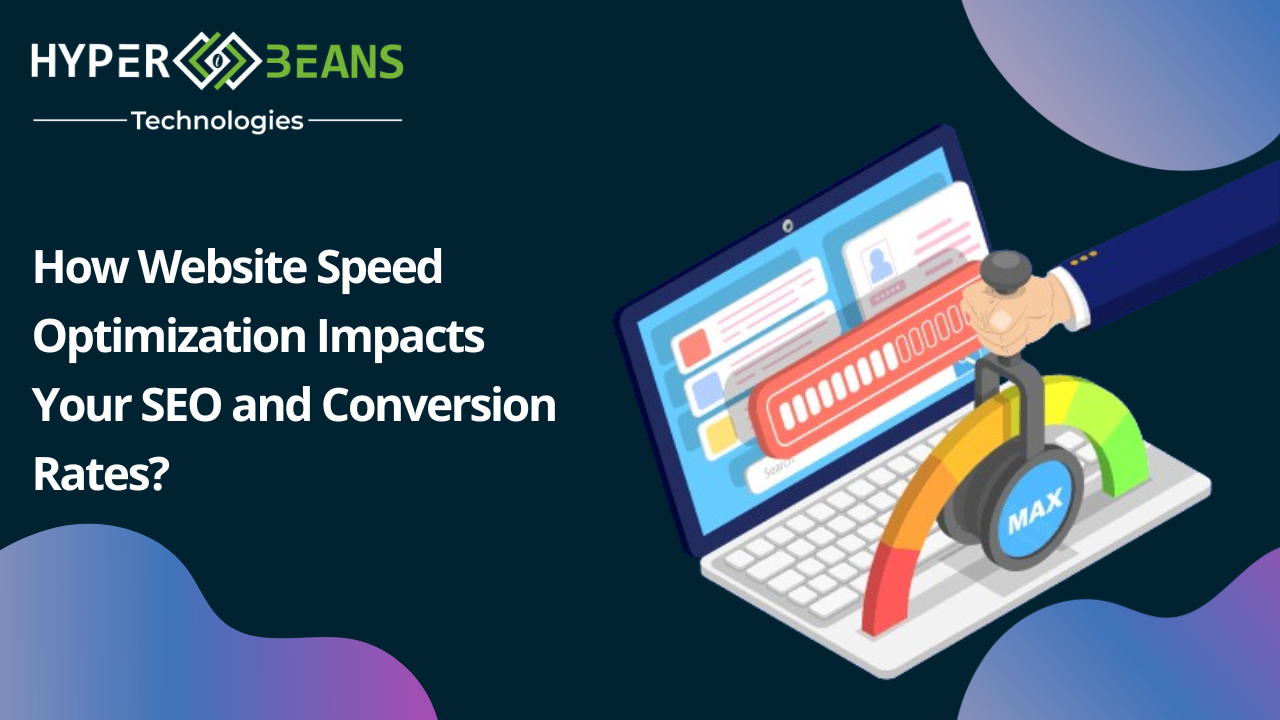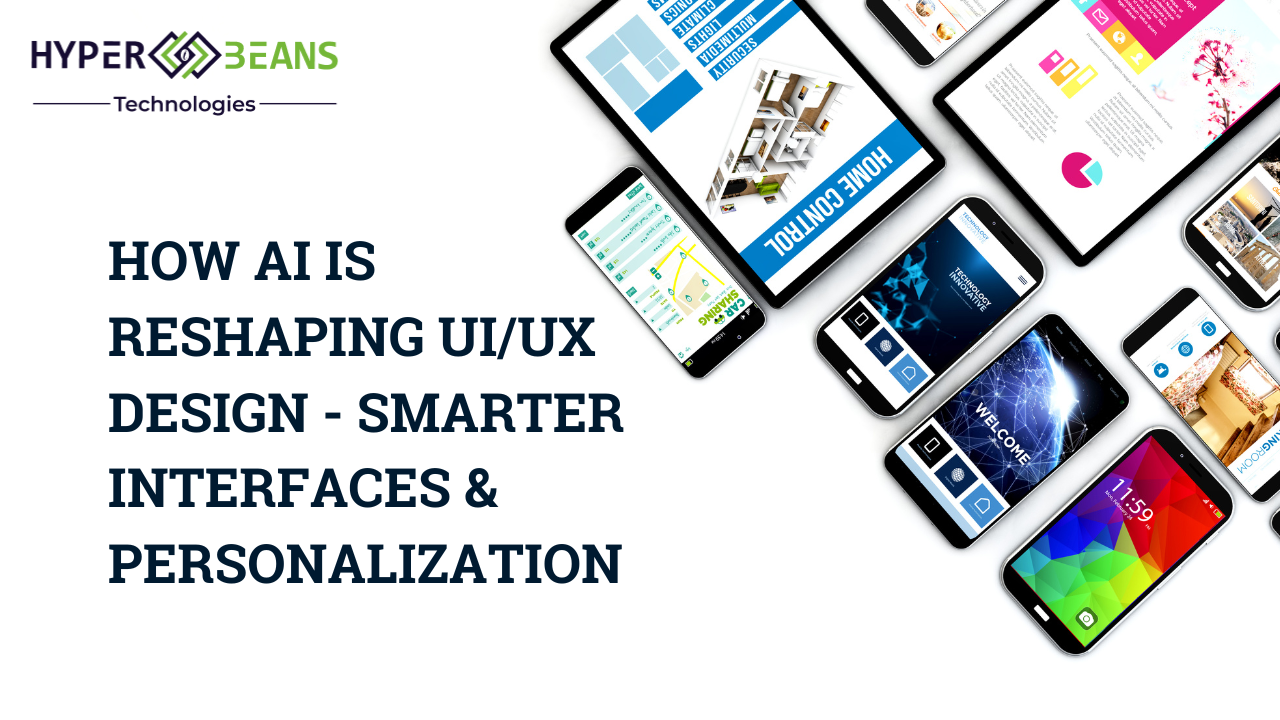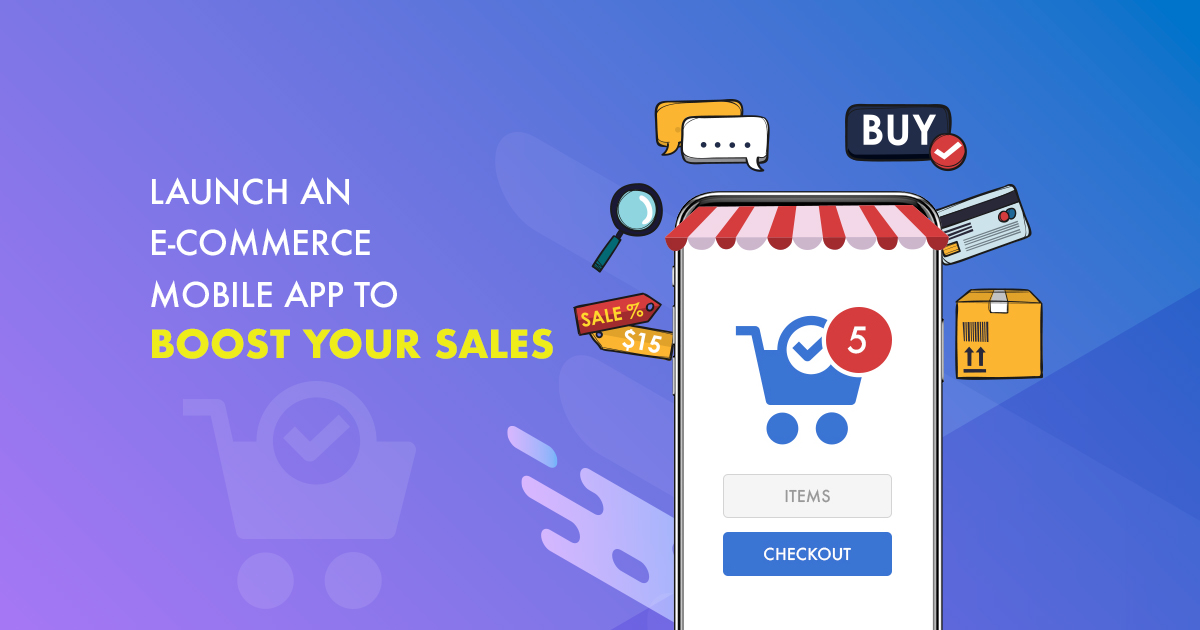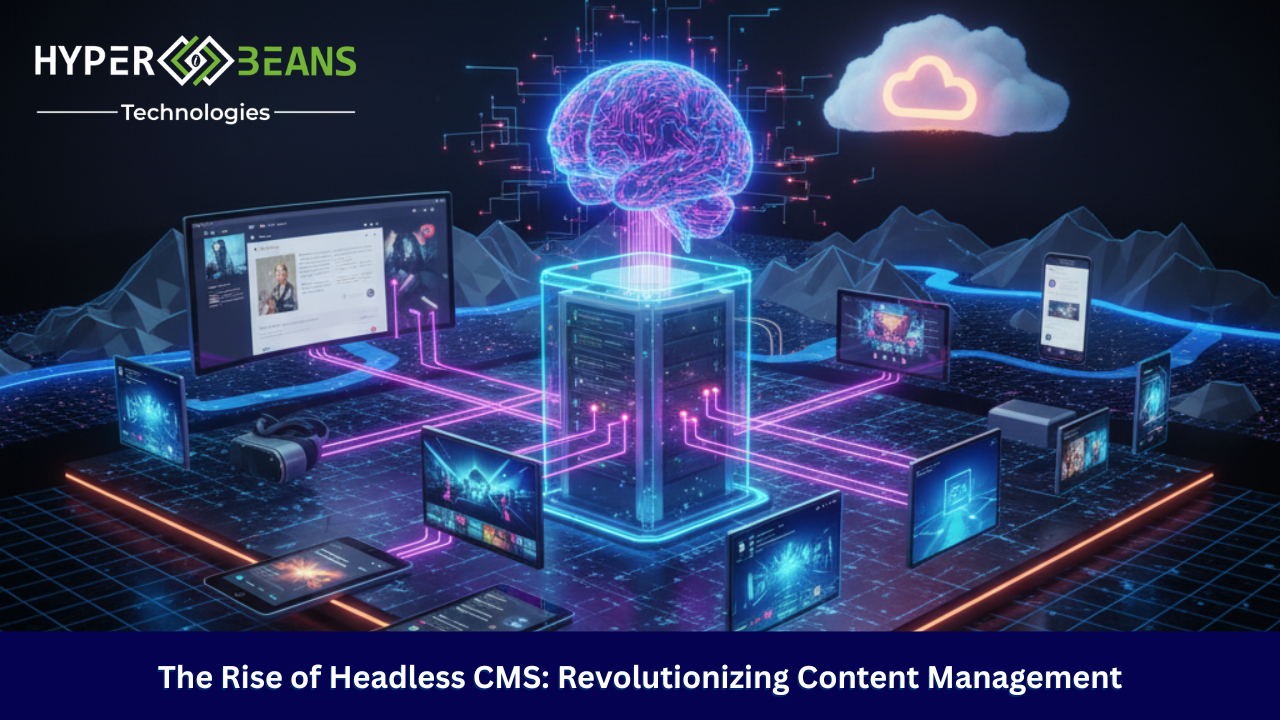Artificial intelligence has quietly become the backbone of modern automation. Simple rule-based systems that began the process have now turned into intelligent, adaptable, and self-learning systems that are changing the whole process of industries, hitherto. The presence of AI has affected positively the whole process, thus, reducing redundancy and improving efficiency from one to another geological area, e.g., high-precision manufacturing to the critical environment of healthcare.
A lot of businesses that heavily depended on manual work were of the opinion they could only try to limit their losses and thus, get in touch with AI consulting services to come to the conclusion where the value of automation can be. It is a good thing that right guidance is there for the organizations to leave old-fashioned and time-consuming methods and enter the new ones that will generate more and more returns.
Manufacturing: Automation That Thinks and Predicts
Manufacturing has traditionally been the first to implement automation, however, artificial intelligence has now offered a completely different experience. Presently, machines are not only performing programmed tasks—they are also discovering patterns, anticipating breakdowns, and enhancing operations continuously.
The use of AI in automation leads to the reduction of unproductive time, the enhancement of product quality, and the rationalization of resource distribution. Predictive maintenance is one of the most significant benefits. Rather than letting a machine deteriorate to the point of requiring maintenance, AI can predict when the machine will fail and alert the factory with plenty of time to prevent the problem from causing a major disruption.
Some key AI-driven changes across manufacturing include:
- Real-time quality inspection using computer vision
- Predictive analytics for machinery and workflow optimization
- Automated scheduling and inventory management
- Robotics guided by intelligent decision-making algorithms
These improvements make production lines faster, more reliable, and more cost-efficient, giving businesses a strong competitive edge.
Healthcare: Smarter Systems for Better Care
AI business automation is the main driving force behind such a revolutionary change in the healthcare sector. The availability of AI in different forms has made it possible for the healthcare sector to use AI not only as a tool to hasten processes but also as a means of higher accuracy and better patient care.
AI is now employed in very diverse areas such as medical image analysis and patient record maintenance. In judicial areas, AI technology is used to minimize errors, provide prompt diagnosis, and assist physicians through evidence-based recommendations.
A few examples of how AI is transforming healthcare include:
- Automated appointment scheduling and patient flow management
- AI-assisted radiology for faster detection of anomalies
- Predictive tools for identifying high-risk patients
- Streamlined billing, claims processing, and administrative tasks
This blend of caregiving and technology helps medical teams focus more on patients while AI handles the repetitive workload.
AI Tools for Automation Across All Industries
While each sector uses AI differently, a few applications have become widely popular across industries:
- Intelligent chatbots and virtual assistants for customer support
- Automated data processing and reporting
- Smart workflow engines that eliminate bottlenecks
- Recommendation systems that personalize user experience
Companies adopting these solutions often start with AI consulting services, which help identify automation opportunities, choose the right tools, and build a roadmap that aligns with business goals.
The Importance of AI-Powered Automation in Today's World
The use of AI-powered automation has surpassed merely gaining efficiency to more businesses having clearer, faster, and stronger operations. With industries becoming more sophisticated, there is no alternative but to develop and deploy systems that can constantly evolve and learn. In the case of a factory wanting to increase its output or a hospital that is looking for better patient care, AI is the key that unlocks the ability to progress without the fear of going off track.
Conclusion
Artificial intelligence is bringing forth a new epoch of automation by introducing an intelligent, precise, and scalable approach to industries that had long been dependent on human judgment. The combination of AI-powered business automation and AI tools for automation is what drives the creation of smart systems by companies that use less labour. By working closely with the AI consulting services that have the most experience, organizations can get on board with these technologies in an order that truly transforms their operations from the very core. This shift may be slow, but it will certainly be felt—AI-powered automation is changing the way industries operate, innovate, and grow.
